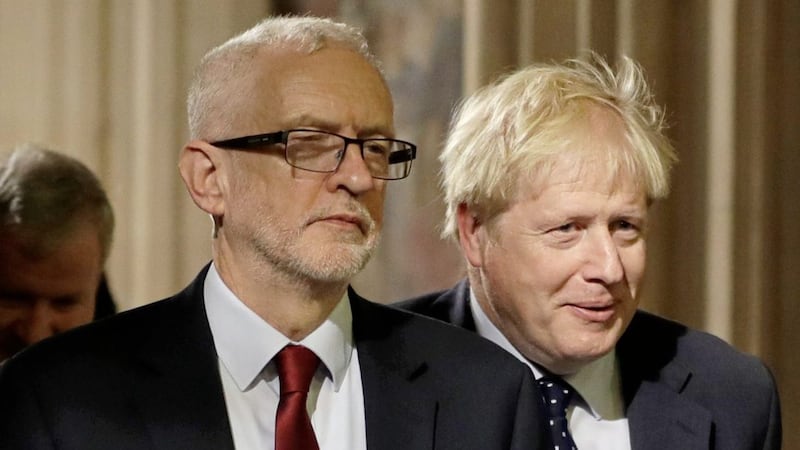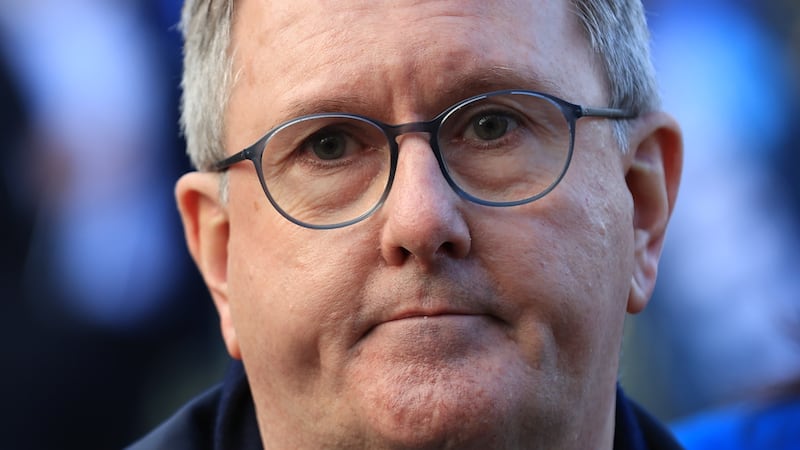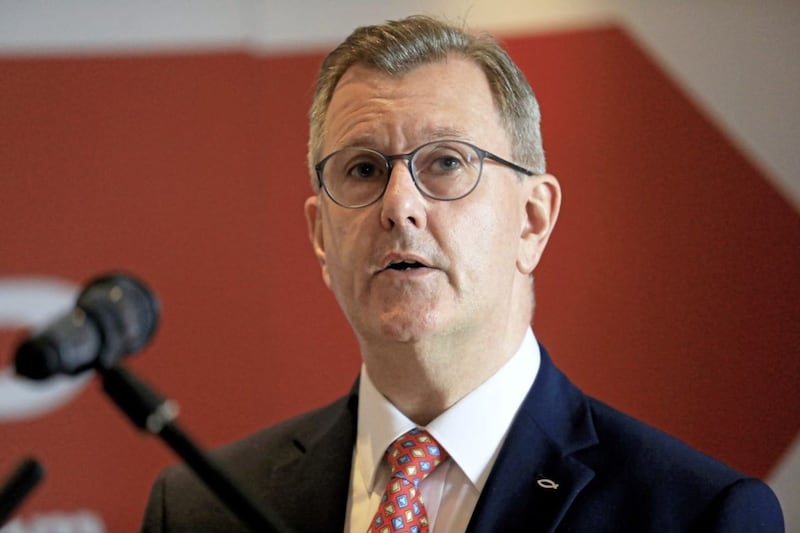THE polls are wrong. The polls are always wrong. You hear this all the time, even when the evidence suggests otherwise. Often the problem is the way poll results are presented, not only by the media, but by the polling companies themselves.
So, what is the actual situation? Yes, there was a polling ‘miss’ with the UK general election 2015, but since then the polling results have been fairly accurate. In the 2016 EU Referendum 15 of the last 22 polls predicted a narrow Leave win, with the other seven predicting Remain on no more than 54 per cent. So overall the polling said the EU Referendum was going to be a close result either way – and it was. In Northern Ireland, LucidTalk's last poll forecast the NI result to within 1 per cent.
Polling was also pretty accurate with the 2017 general election, tracking the decline of the Conservatives vote share right up to election day.
So, what about this upcoming Westminster election? What are the key trends and poll questions to watch and track? Poll companies would always say that polls are never incorrect if you follow the 'correct' poll questions and trends.
With any UK Westminster elections - there are two key 'Golden Rule' questions to track: Which party leader will make the best prime minister?, and which political party would be best for the economy?
What about these two key poll questions in the context of this upcoming election? Well, Jeremy Corbyn is still behind Boris Johnson in terms of who would make best PM, and Labour are behind the Conservatives on the economy.
Another aspect to track is the trends - not just what each individual poll says, but the differences between various polls over a period of time. Taking this into account, at this stage in the main UK election campaign (2-3 weeks out), once again the signs don't look too good for Corbyn and Labour. In the 2017 election campaign the Conservative lead in the polls was dropping steadily at this stage in the campaign, and continued dropping right through to election day - but at this stage, Boris Johnson and the Conservatives seem to be holding onto an average 8-12 points lead in the polls.
So Corbyn and Labour need to start shifting these ratings over the next two-three weeks if they are to win on December 12.
Plus, opinion polls also give us a lot of rich information on demographics – male/female, social class, Catholic/Protestant, age-group, issues that impact voters views etc. This can help us, and also the political parties, see patterns, and let us see how other groups in society are thinking. For example, compared to other parties, the polls show us that the DUP and Sinn Féin's support is much more male than female, and this is more pronounced with Sinn Féin, particularly in the south of Ireland.
In addition, opinion polls remain the only way public opinion can be gauged on specific issues between elections, and on issues that elections can’t really directly measure - such as the border.
The key point is that polls, should be treated and interpreted like the weather forecast, and can only give a broad view of trends and can't be totally precise. After all, when the weather forecast says there will be scattered showers, they can't tell you the exact time and location of one of those showers. In that sense polls can never be precisely right, but they're never totally wrong either.
So, as we enter the last three weeks of the campaign and the amount of polling data and results increase - yes, to even more than we are getting now - then keep an eye out for the two ‘golden rule’ poll questions. Follow them and you won't go far wrong.
:: Bill White, is Managing Director of Belfast based LucidTalk Polling and Market Research. You can follow LucidTalk on Twitter at @LucidTalk.







